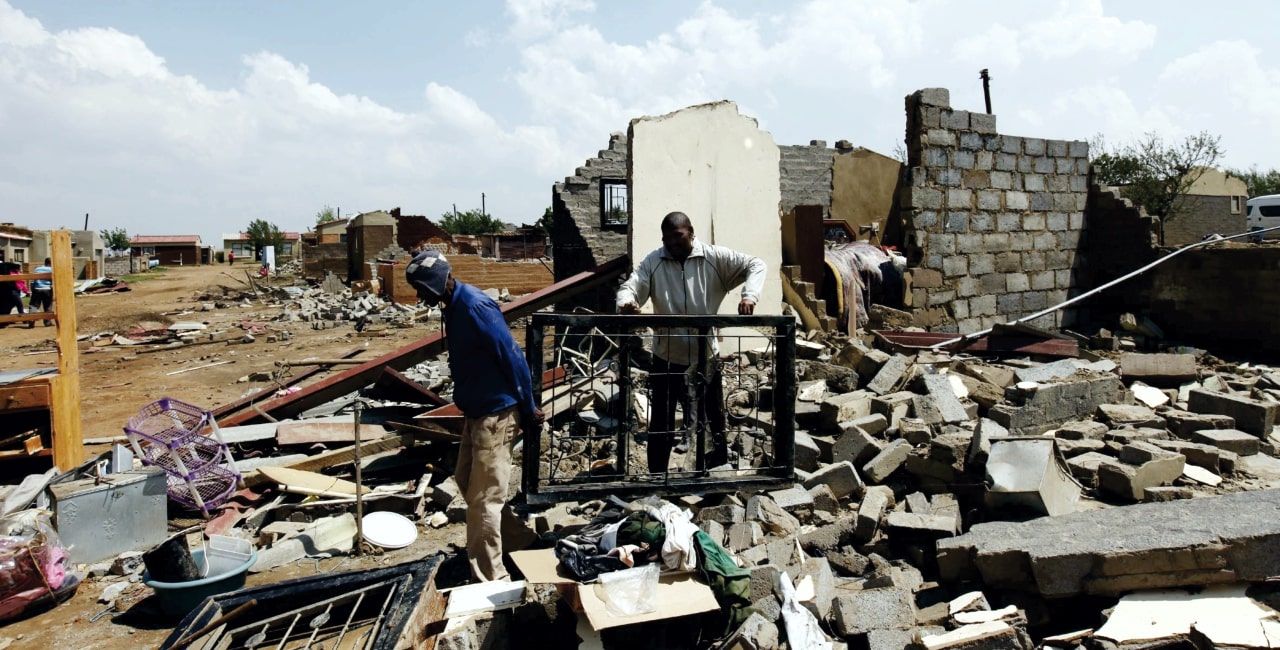Reparations
1. The victim must be restored to their prior situation. The reparations must also compensate for all the consequences of the violation, and indemnification for material and non-material damages, including emotional harm. This principle must take into consideration the time frame, and the perpetrators should contribute to reparations.
2. Reparations should be proportional to the gravity of the violations and the harm suffered. It must also uphold and promote accepted religious, individual, community and traditional, transitional justice mechanisms.
3. There must be a causal connection between the reparations, the violation found and the harm cause. The primary responsibility for reparations lies with the state.
4. Since harm is multidimensional, and can lead to mental and psychological suffering beyond the primary victim, there is need to consider the next of kin of direct victims of human rights violations, their dependents and persons who have suffered harm in intervening to assist them or to prevent victimisation, as victims in their own right. Hence, there should be a multi-disciplinary assessment.
5. The rules of evidence in reparations claims must be relaxed in favour of victims. Due to many factors, it may be hard for the victims to prove all the nitty-gritty details of their violations by strict rules of procedure. Therefore, victims need to enjoy relaxed rules of a procedure such as being allowed to rely on circumstantial evidence or presumptions.

6. Victims should be informed of their role and the scope, timing and progress of the proceedings and the disposition of their cases, especially where serious crimes are involved.
7. Victims should be treated with humanity and respect for their dignity and human rights. Appropriate measures must be adopted to ensure their safety, physical and psychological well-being and privacy, as well as those of their families.
8. Reparations programmes must be implemented without discrimination on any of the grounds recognized by international law. There must be no particular preference to any time frames.
